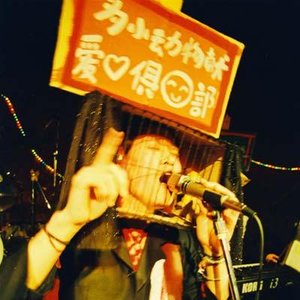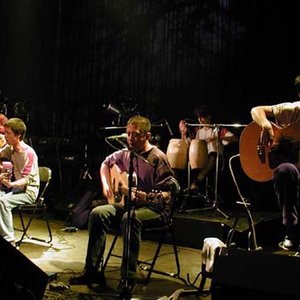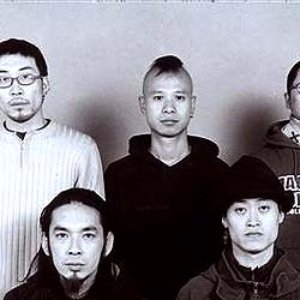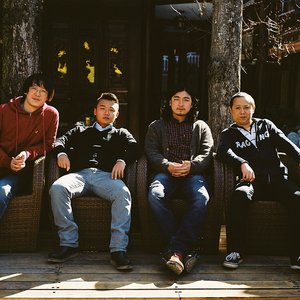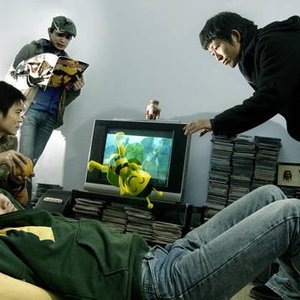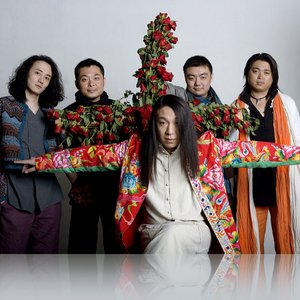Biography
The sound of galloping horses, Middle Eastern melodies and reggae — keen listeners will hear all of these influences in the music of Yerboli Ahmethan (葉爾波利), a Kazakh musician born in 1981 and raised in China's Xinjiang Uigur Autonomous Region. Currently he based in Shenzhen. Although he started learning the dombra, a traditional stringed instrument common in Central Asia, at the age of 5, Ahmethan says he also spent his youth listening to the likes of Frank Zappa, AC/DC and “all kinds of rock ’n’ roll.”
Ahmethan now plays Kazakh folk music — which reflects a combination of “Islamic and Mongolian culture” — but with his own twist. He rearranges traditional songs, adding elements of improvisation and displays of virtuosity on the dombra. He says half of his material consists of original songs, which mix Kazakh lyrics and music with contemporary forms like reggae, folk and rock.
The dombra features prominently in Ahmethan’s debut CD, Kazakh Spirit, which Ahmethan released on his own last year. The instrument, which has two nylon strings, a pear-shaped body and slender neck, was traditionally used as accompaniment for Kazakh folk songs and poems.
When strummed rhythmically, the dombra has been compared to the sound of galloping horses, which play a major role in the lives of the nomadic Kazakhs. When plucked, it sounds somewhat similar to the oud, an Arabic lute, and echoes the hints of Middle Eastern melodies found in Kazakh music.
Ten years ago, Ahmethan wouldn’t have imagined that he would still be playing the dombra. After leaving Xinjiang at the age of 16, he was a guitarist in AC/DC cover bands and made a living by playing piano, mandolin and accordion for live bands and studio sessions.
Ahmethan’s situation is typical: he works as a radio DJ and runs a live music venue in Shenzhen. “In the interior , a lot of traditional things are almost all gone. A lot of young people, in order to survive, can’t do . So they have to do Western music in order to make a living.”
Ahmethan started to rediscover his musical and cultural roots when he moved to Beijing in 2000. There he played in IZ, the locally renowned band led by fellow Kazakh musician Mamuer Rayeskan (馬木爾). Ahmethan met his manager and close friend, Tu Fei (塗飛) on a visit to Shenzhen, where he gigs regularly with his current three-piece band, which will also be in Taipei this weekend. Tu encouraged Ahmethan to go back to his “roots” while exploring “world fusion” music. Tu says Ahmethan’s current interests include working with avant-garde and free-jazz musicians.
But Ahmethan doesn’t intend to put the dombra down again. “His biggest goal,” says Tu, “is to let more people around the world know about Kazakh culture.”
(David Chen @ Taipei Times, Mar 06, 2009)
Artist descriptions on Last.fm are editable by everyone. Feel free to contribute!
All user-contributed text on this page is available under the Creative Commons Attribution-ShareAlike License; additional terms may apply.
